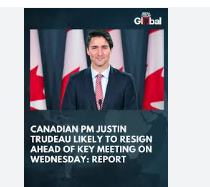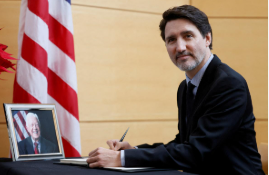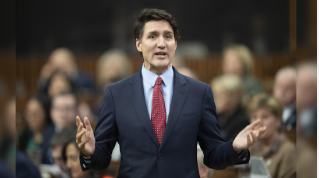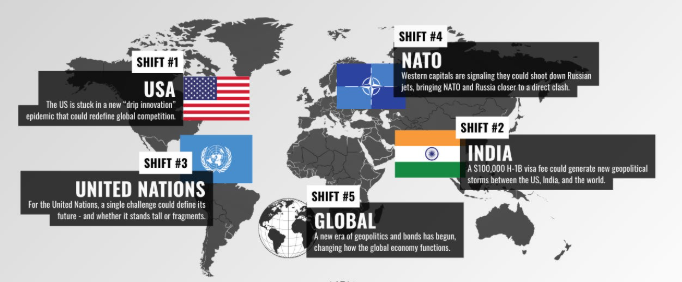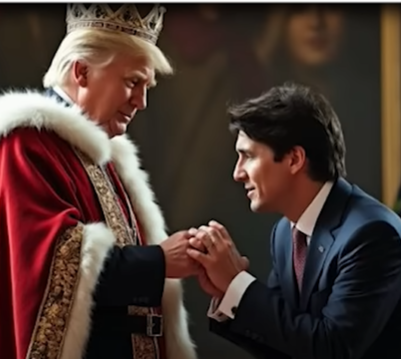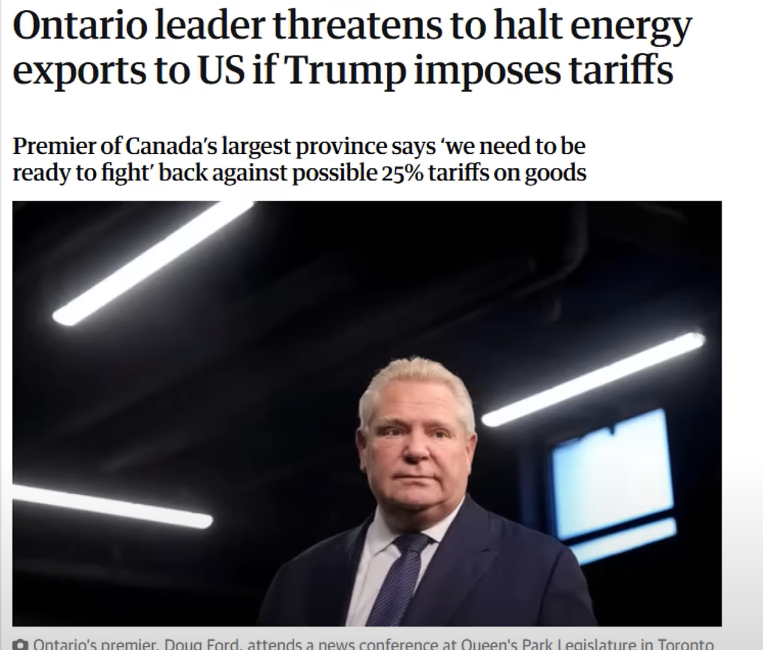Justin Trudeau Resigning: What This Means for Canada and Its Relationship with the USA In a surprising political development, Canadian Prime Minister Justin Trudeau is officially going to announce his resignation. This marks the end of a significant chapter in Canadian politics and raises questions about the future of Canada’s leadership and its ties with the United States. If you’re curious about the reasons behind Trudeau’s resignation and its potential impact on Canada’s role on the global stage, keep reading.
Why Did Justin Trudeau Resign?
After nearly a decade in office, Trudeau’s resignation comes amidst growing political and economic challenges. While Trudeau has often been praised for his progressive policies and charismatic leadership, his tenure has not been without controversy. Critics have pointed to increasing public dissatisfaction with economic stagnation, inflation, and perceived government overreach during the COVID-19 pandemic.
“It’s time for a reset,” Mr. Trudeau told reporters outside his residence on a frigid morning in Ottawa, the capital. Mr. Trudeau said that he had suspended Parliament until March 24 and that he would stay on as Liberal Party leader and prime minister until his replacement had been chosen through a nationwide party election
Trudeau’s resignation statement highlighted a desire to step back and allow fresh leadership to guide Canada through its current challenges. “Leadership is about knowing when it’s time to pass the torch,” Trudeau said during his resignation speech.
Impact on Canada-US Relations
Justin Trudeau’s resignation could lead to shifts in Canada’s relationship with the United States. As Prime Minister, Trudeau worked closely with several U.S. presidents, including Barack Obama, Donald Trump, and Joe Biden. His leadership was characterized by efforts to strengthen trade ties, particularly through the renegotiation of NAFTA into the USMCA agreement.
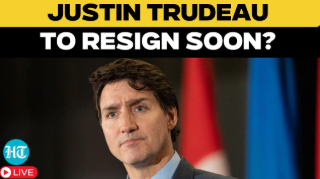
While Trudeau and President Biden shared a strong rapport, his departure creates uncertainty about how a new Canadian leader might approach bilateral issues such as trade, climate policy, and border security. American businesses and policymakers will likely keep a close eye on Canada’s political transition to gauge any potential changes.
What’s Next for Canada?
With Justin Trudeau resigning, the Liberal Party will need to elect a new leader who can steer Canada forward. Potential successors may aim to address some of the criticisms Trudeau faced, including housing affordability, healthcare reform, and Indigenous reconciliation.
The upcoming election will be pivotal for Canada’s future. It remains to be seen whether the Liberal Party will retain its influence or if opposition parties, such as the Conservatives led by Pierre Poilievre, will capitalize on this moment of transition.
Why Americans Should Pay Attention
For a U.S. audience, understanding the implications of Trudeau’s resignation is crucial. Canada is not only a key trading partner but also a strategic ally on issues such as energy security and defense. Changes in Canada’s political landscape could affect cross-border relations, particularly in sectors like automotive, agriculture, and technology.
Moreover, Trudeau’s tenure showcased Canada’s ability to serve as a progressive counterbalance to political trends in the U.S. With his resignation, Canada’s next leader may redefine the country’s identity on the global stage.
Conclusion
Justin Trudeau’s resignation signals a turning point for Canada. As the country prepares for new leadership, both Canadians and Americans will watch closely to see how this political shift impacts their shared economic and diplomatic ties. Whether you’re interested in trade policies, environmental cooperation, or cultural exchanges, the ripple effects of Trudeau’s resignation will likely be felt far beyond Canada’s borders.
Stay tuned for updates on https://boldlyamericana.com/ the transition and its implications for North America. For more insights, follow our blog and subscribe for the latest political and economic analysis.

